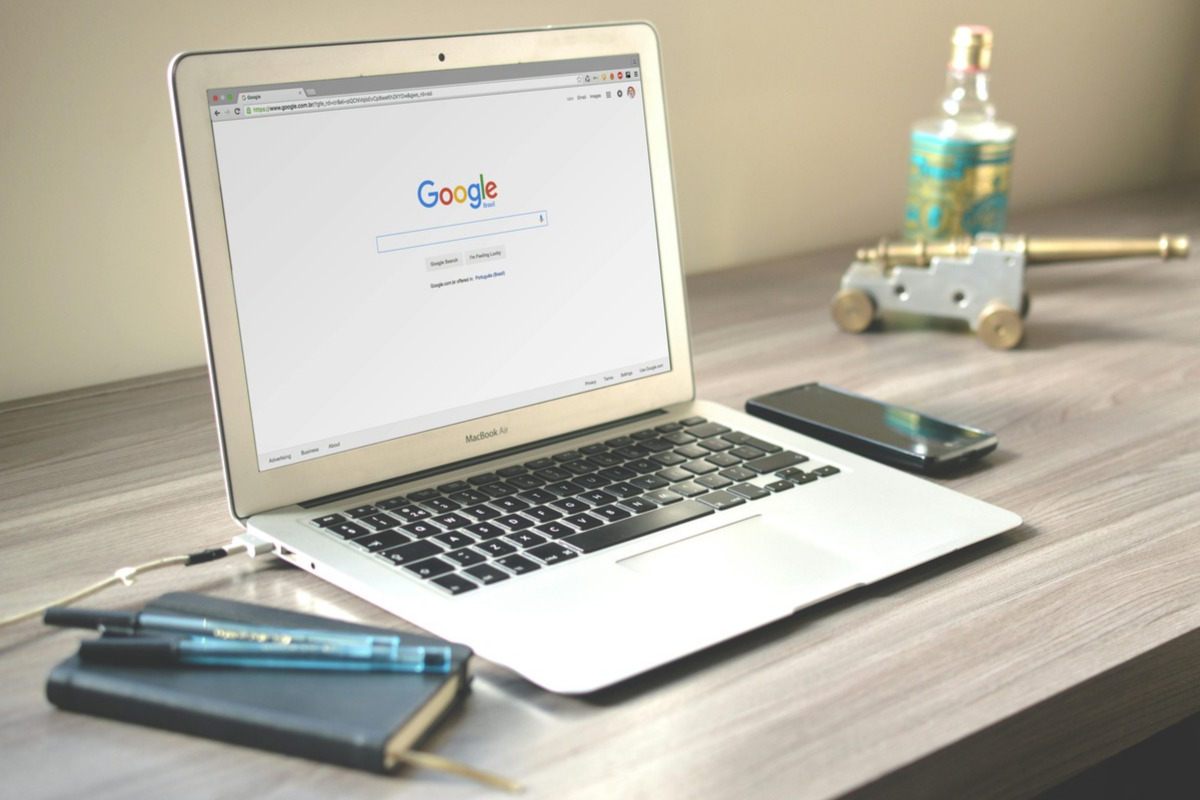Running a business without a website in 2025 isn’t just a missed opportunity. It’s costing you customers, credibility, and long-term growth.
While social media has its place, relying on it alone limits your visibility and makes it harder for potential clients to take you seriously. A professional website is no longer optional; it’s a critical part of building trust and staying competitive.
Missed Clients and Opportunities
When people search for products or services, their first step is often Google. If your business doesn’t appear with a clear website, many will assume you’re either outdated or less professional than competitors who do. This means potential clients may pass you by even if you’re the better choice. Every day without a website could mean lost sales and long-term customer relationships.

Building Trust and Credibility
Consumers expect legitimate businesses to have a website. A well-designed site signals professionalism, reliability, and stability. Without one, prospects may question whether your business is established or trustworthy. Even if you’re excellent at what you do, a lack of online presence creates unnecessary doubt in your customers’ minds.
Limited Visibility and Reach
Social media accounts are useful, but they don’t provide the same control or visibility that a website does. Algorithms change, posts get buried, and your ability to reach new audiences is limited. A website ensures you can be found through search engines and that your content remains accessible 24/7, independent of third-party platforms.
Falling Behind Competitors
Most small businesses now invest in websites, meaning that not having one puts you at an immediate disadvantage. Competitors with websites are appearing in local searches, attracting online reviews, and booking customers while you remain invisible. Over time, this gap only grows wider and harder to close.
A Website as an Investment, Not a Cost
Many small business owners hesitate to create a website because of perceived expenses. But the reality is that the cost of not having a website is far greater. The return on investment comes through increased visibility, higher credibility, easier customer communication, and more sales opportunities. A website should be seen as an asset that pays for itself over time, not just another bill.
Final Thoughts
The question isn’t “do small businesses need a website” anymore. It’s how much longer you can afford to run your business without one. By investing in a professional site now, you protect your brand, attract more customers, and ensure you stay competitive in an increasingly digital world.

